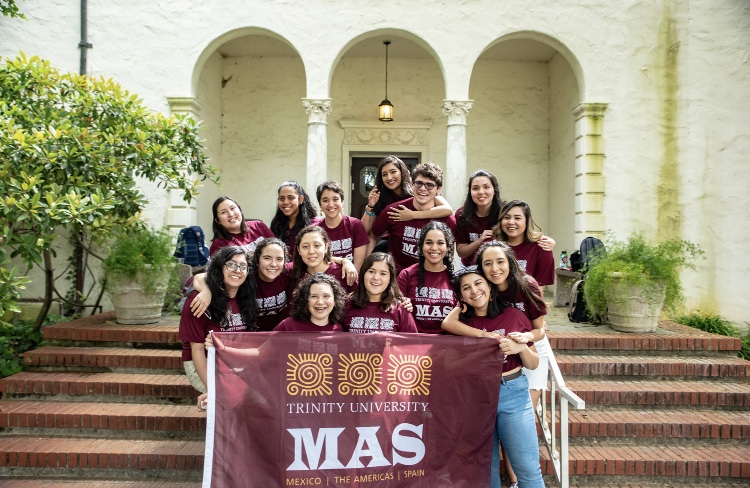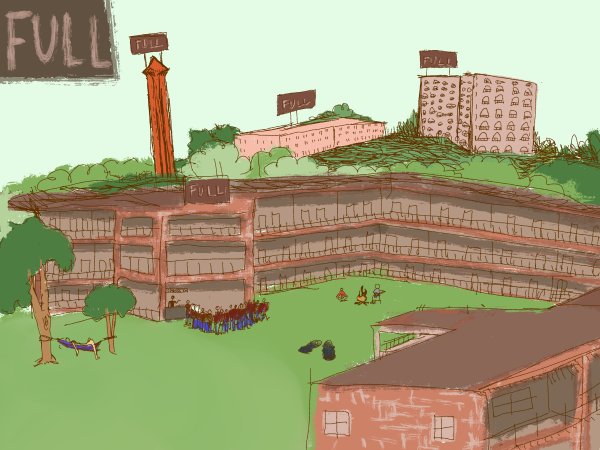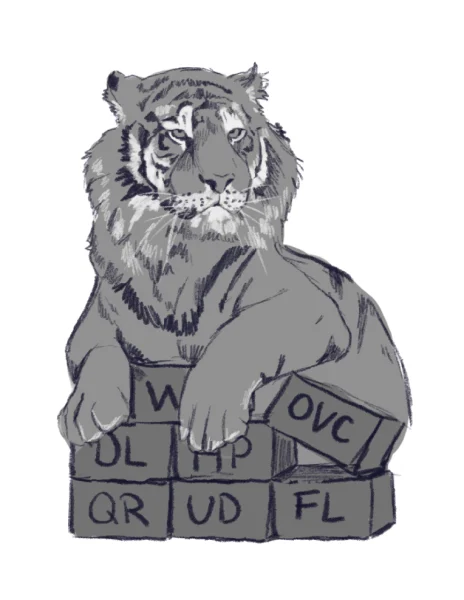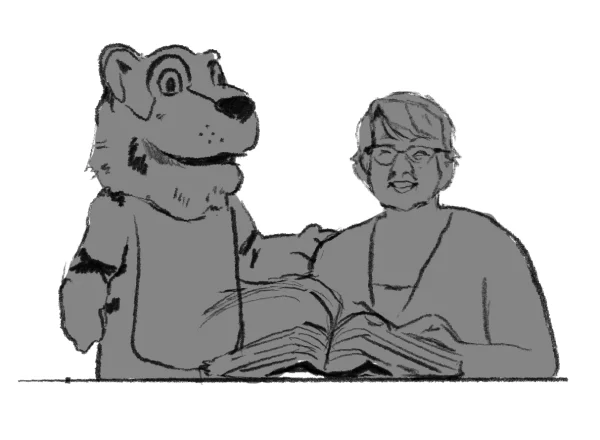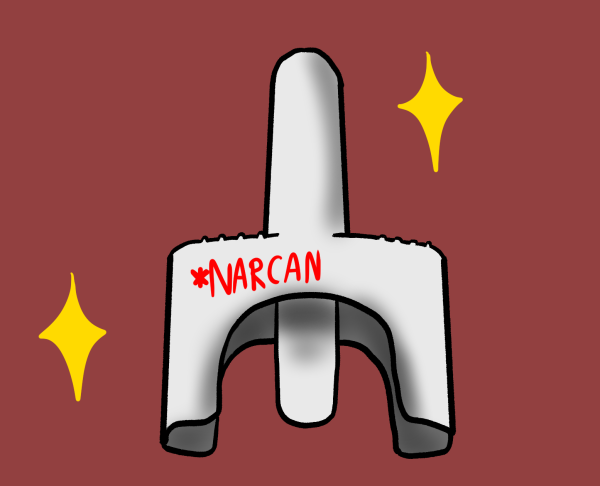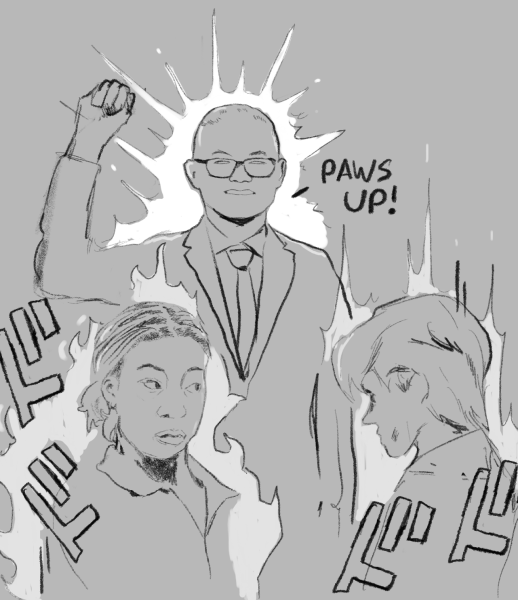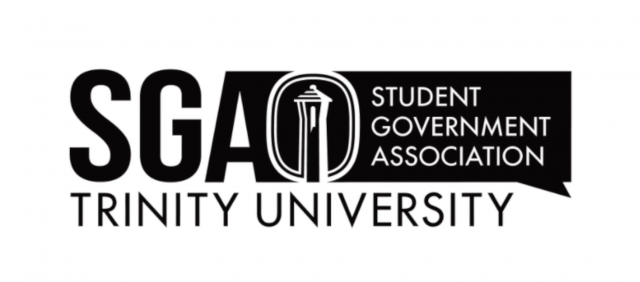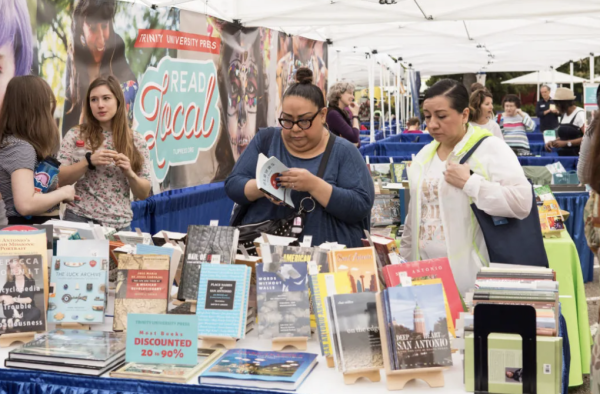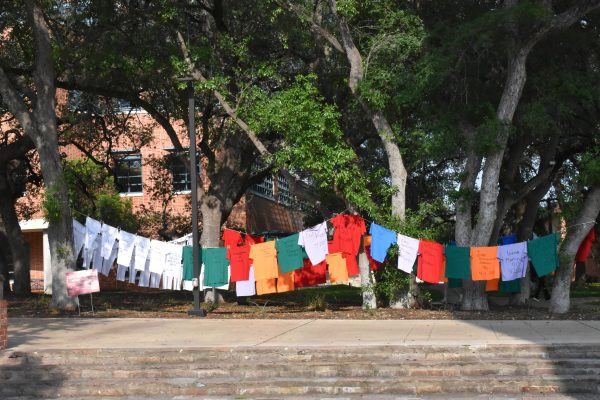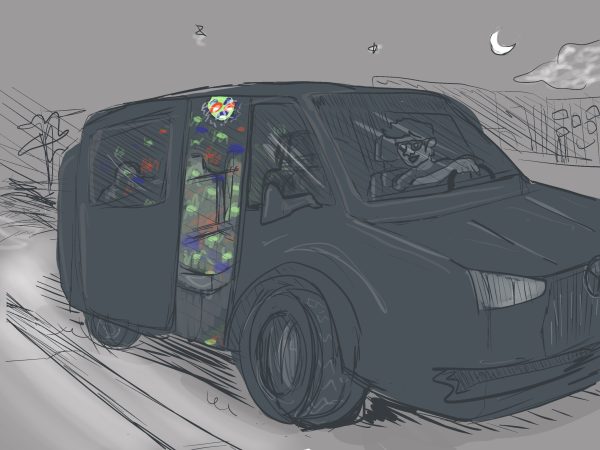Mexico, the Americas and Spain (MAS) program receives $2 million donation
Carlos and Malú Alvarez, the donors, have been supporters of the MAS program since 2005
With their funding set to conclude in the fall of 2022, Trinity’s Mexico, the Americas, and Spain (MAS) Program started their search for funding in 2020. The program had been sustaining itself from funding provided by Carlos and Malú Alvarez in 2005. It soon became clear that the program would require additional funding to sustain its services in future years. Just a few weeks ago, MAS announced that they had received a $2 million donation from the Alvarez family.
“The Alvarez family have always been great supporters of the MAS program since the beginning. They were the first ones to provide the launch of the program sixteen years ago and sustain it for the first eight to nine years,” said Dania Abreu-Torres, Program Director.
Last year, a report was created to demonstrate the need for future funding to potential donors. The report detailed all the services the program provides and the purpose the program serves, further allowing the program to cultivate a more diverse campus.
“Ultimately it is about the students. The funding will be one way that many of our first year, first generation students, and other students will be able to access the many many programs we have. For me that’s the most rewarding and impactful [aspect of the program],” said Norma Cantú, professor of Modern Languages and Literature and member of the program.
The report was then shared with the development office which took on the mission of finding donors for the program. After meeting with donors and cultivating sponsorship, Abreu-Torres received notice from TU President, Danny Anderson, that the board had secured a two million dollar donation from Carlos and Malú Alvarez through their organization, the Impetus Foundation.
“This new endowment builds upon the legacy of the Alvarez family in bolstering the cultural knowledge of the Hispanic world at Trinity and in the San Antonio community and will provide enduring support for the MAS program,” said Anderson in an email to the Trinity community.
The first disbursement of the donation will come in the fall of 2024 and is set to grow each year. In doing so, it will be able to sustain the program for years to come. Funding will contribute and expand the existing services allowing more students to participate in the program.
“We always have our very essential budget, but we are also trying to expand a little bit to not only bring students to the internship and the study abroad possibilities, but to look for other opportunities in which students can participate in a more direct way with the San Antonio community,” said Abreu-Torres.
The donation will help fund two major components of the MAS program: the Alvarez Fellows Internship Program and the Alvarez Visiting Lecturers and Scholars Program. Faculty and staff of the program elaborated on how participatory programming is crucial not only to the program, but to the Trinity experience.
“Allowing students to make more opportunities for study abroad or bringing in more scholars from different parts of Central and South America, the Caribbean, and Spain — I think it’s incredibly valuable,” said Lupita Dominguez, a collaborator of MAS programming. “Internships are also very valuable because they bring a lot of those [historical issues] home, whether it’s working with cultural nonprofits to art museums it brings those issues to San Antonio.”
Rather than being a curricular program, the MAS program is a participatory one. This means that students take part in the services it provides such as receiving mentorship, attending lectures, participating in internships, and studying abroad.
“I think there is a lot of work to be done around strengthening these opportunities that are present in San Antonio,” said Dominguez. “I think there’s gonna be so much innovation through these funds, which is exciting!”

